When it comes to short-term rental platforms like Airbnb, the way a property is renovated can determine whether it thrives or quickly falls out of favor. Many homeowners eager to attract guests dive into renovations without realizing that certain decisions may cost them their permits and ultimately their income stream. City councils and regulatory boards have tightened their rules over the years, leaving less room for error. Below are twelve common renovation mistakes that have not only frustrated guests but also stripped homeowners of their Airbnb permits.
1. Removing Safety Features During Renovation
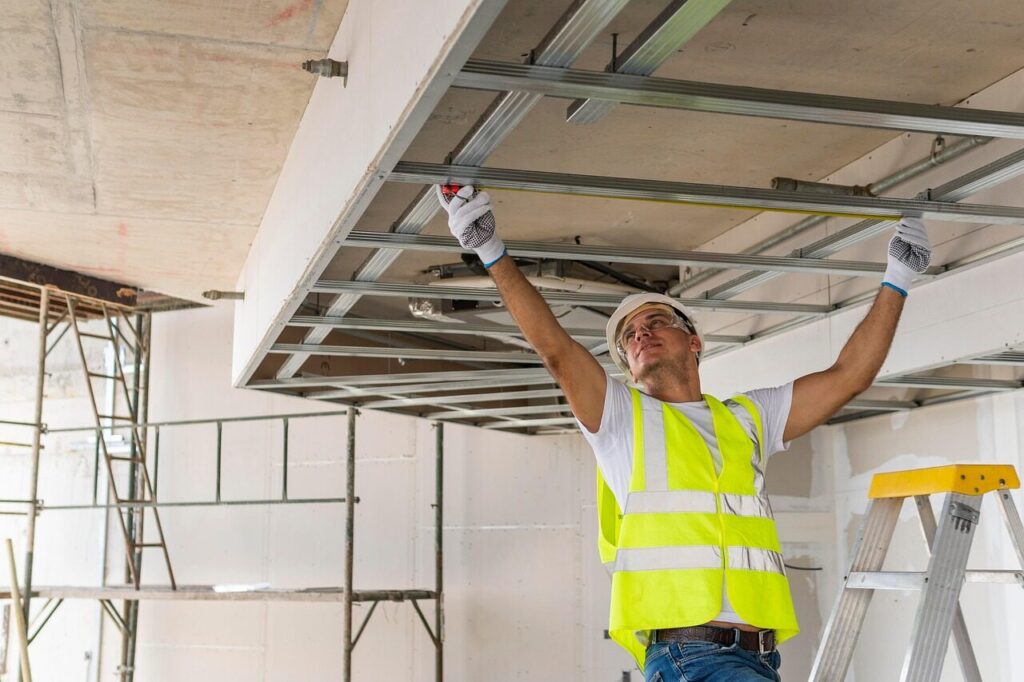
One of the most damaging renovation errors is removing or ignoring vital safety features, such as smoke detectors, carbon monoxide alarms, or fire extinguishers. Airbnb requires hosts to meet basic safety standards, and local municipalities often enforce them strictly. For instance, a homeowner in San Francisco lost their permit in 2018 when inspectors found that during a remodel, detectors had been removed and never reinstalled. Even if upgrades are intended to modernize a space, safety omissions during renovations can be viewed as negligence, leading to fines and permit revocations.
2. Converting Basements Without Proper Permits
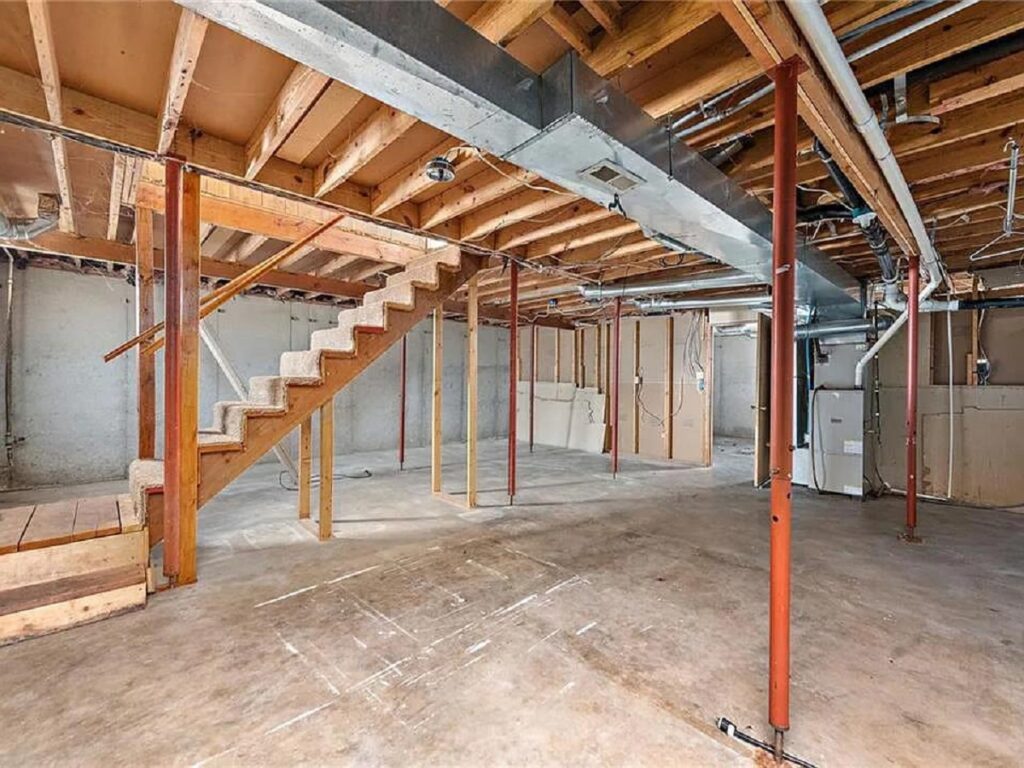
Basement conversions are a popular way to add extra space for guests, but skipping permits can be disastrous. Many cities, including Toronto and New York, require basement units to meet ventilation, ceiling height, and egress requirements. Renovating without addressing these standards often results in unsafe conditions. In 2020, a Chicago host had their Airbnb listing removed when an inspector discovered that their newly finished basement lacked a legal emergency exit. Such failures not only endanger guests but also put the homeowner’s permit status at immediate risk.
3. Installing Illegal Kitchens or Bathrooms
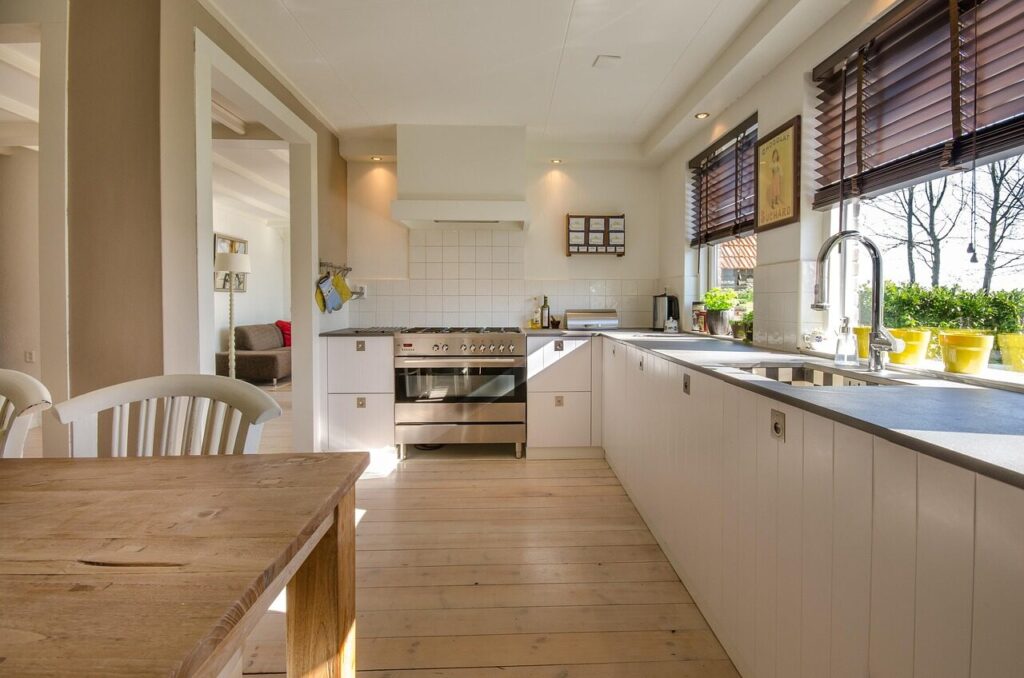
Adding an extra kitchen or bathroom may sound like a great investment, but unauthorized installations can lead to serious trouble. Municipal building codes often require plumbing, ventilation, and waste management compliance. In Los Angeles, a case in 2019 saw a property stripped of its Airbnb permit when inspectors found an unpermitted kitchen in a garage conversion. These violations are seen as attempts to bypass housing laws, and regulators rarely show leniency. A renovation that skips approvals in the pursuit of convenience often backfires, costing homeowners their listing rights.
4. Installing Unsafe Staircases
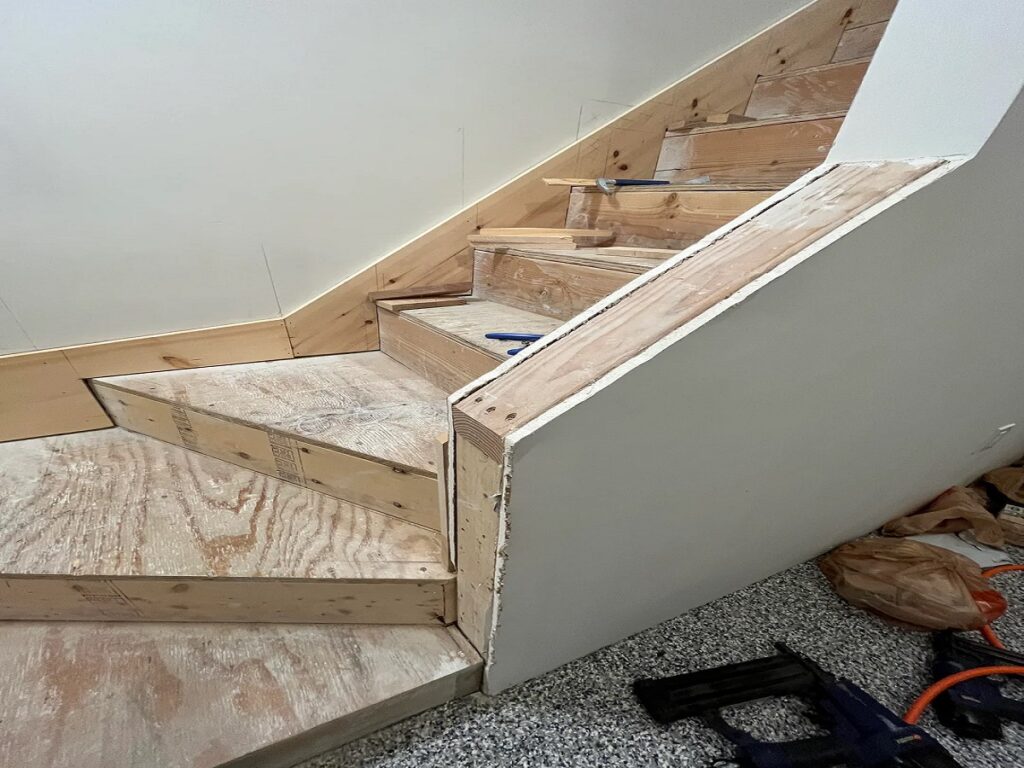
Stair renovations can be tricky, and many homeowners cut corners by skipping proper handrails or using steep, narrow designs to save space. In Seattle, an Airbnb host’s permit was revoked in 2021 after inspectors found a staircase remodel that didn’t meet safety standards. Staircases are critical escape routes, and unsafe designs create liability risks for both hosts and guests. Renovations that ignore building code dimensions and guardrails not only reduce safety but also result in revoked short-term rental rights.
5. Overcrowding Spaces with Extra Beds
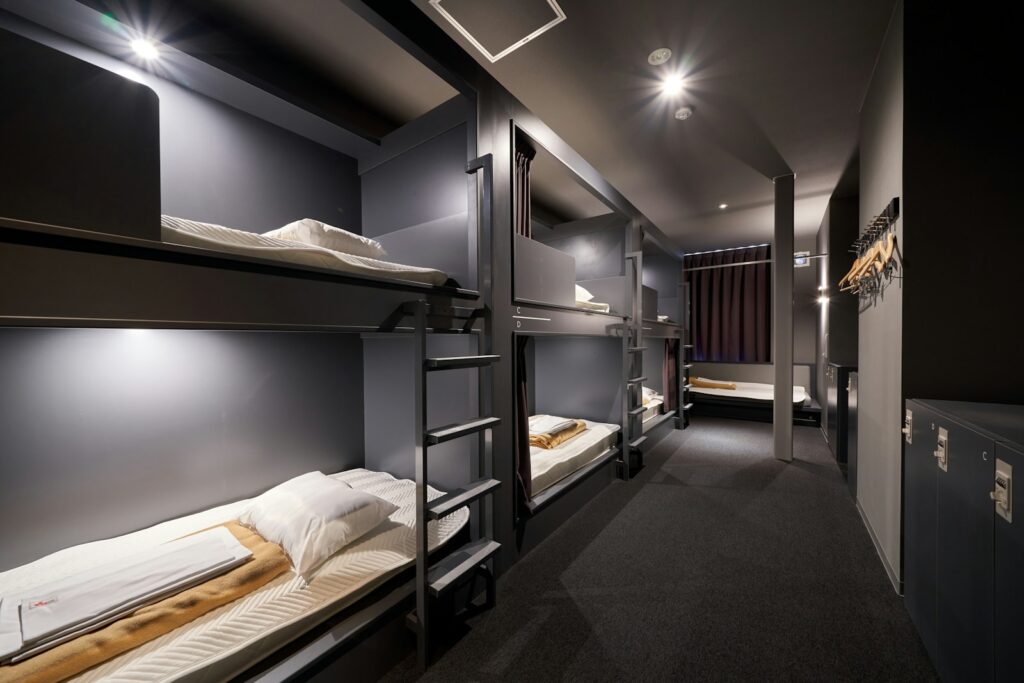
In an effort to maximize income, some homeowners renovate by squeezing in extra sleeping arrangements. Bunk beds in living rooms, makeshift partitions, or unapproved lofts often exceed occupancy codes. This issue was highlighted in Miami Beach in 2017 when multiple Airbnb hosts lost permits after inspectors found unsafe sleeping spaces added during renovations. While more beds may initially boost bookings, cities view overcrowding as a fire and safety hazard. Renovations that compromise living standards for profit are frequently penalized with revoked rental licenses.
6. Removing Structural Walls Without Approval
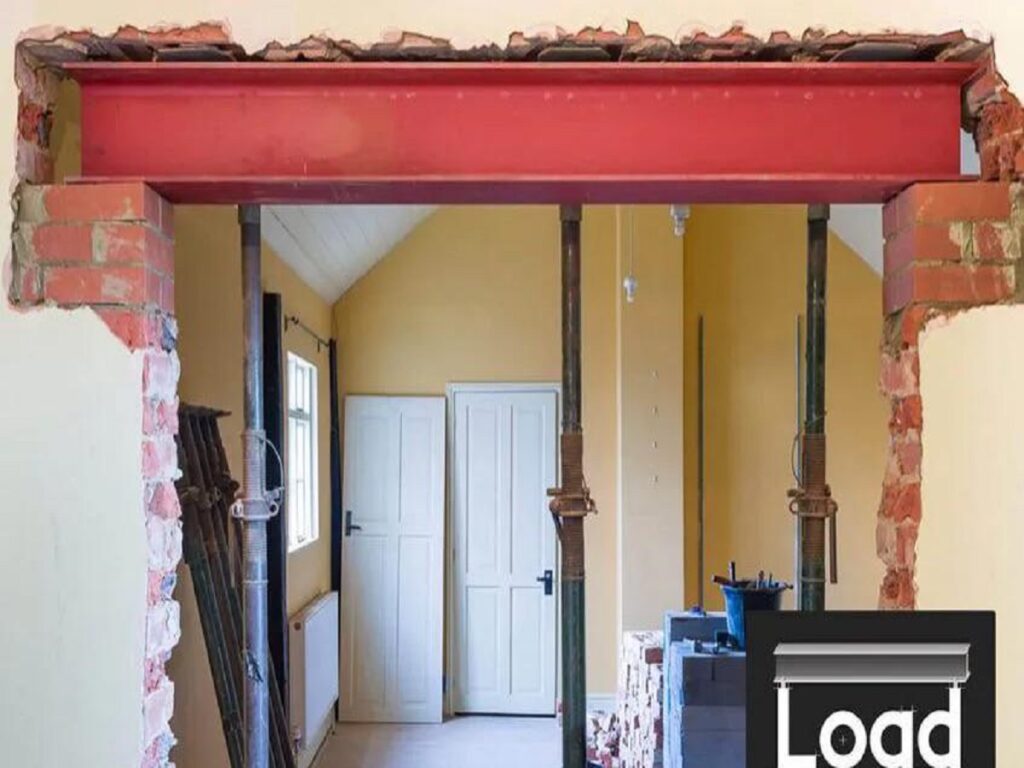
Renovation projects that involve tearing down structural walls are risky not only for safety but also for legal compliance. Homeowners who attempt to create open-concept layouts without engineering approval can face serious consequences. In Portland, Oregon, one host’s Airbnb permit was revoked in 2019 after inspectors discovered that a wall removal during renovation left the property structurally unsound. While open layouts appeal to guests, ignoring building codes creates liability concerns for regulators, and Airbnb itself often supports the enforcement of such penalties.
7. Cutting Costs with Unlicensed Contractors
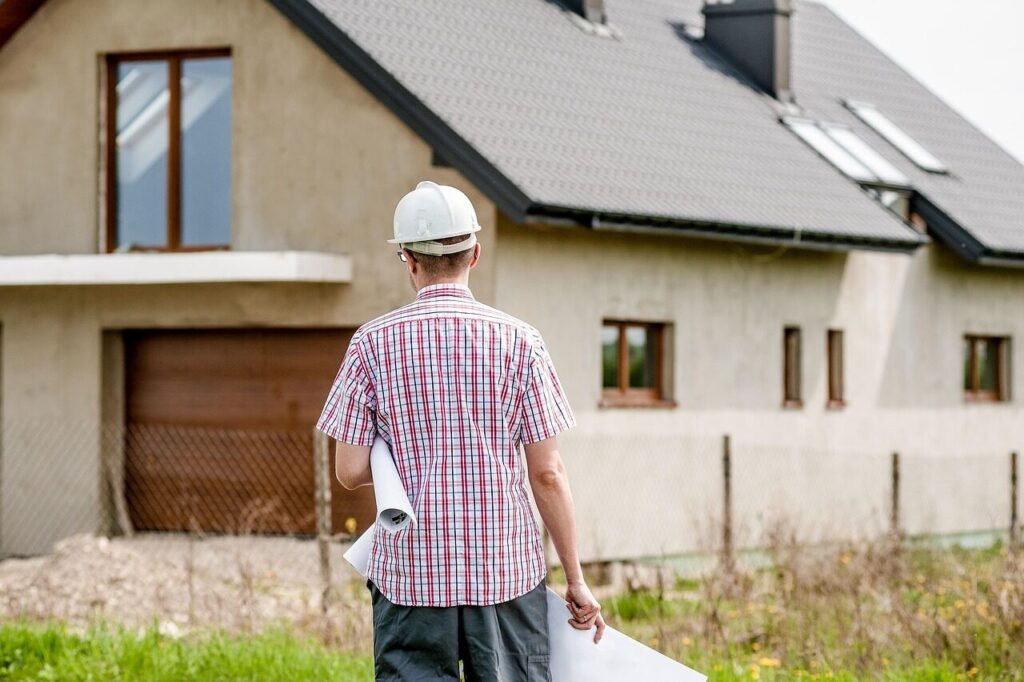
Hiring unlicensed contractors might save money upfront, but it frequently leads to costly problems later. Renovations completed without licensed professionals often violate local building regulations, especially for electrical and plumbing work. A Denver homeowner lost their short-term rental rights in 2020 after inspectors traced faulty wiring back to unlicensed renovation work. Regulators see such shortcuts as jeopardizing guest safety. Using licensed professionals may cost more initially, but it ensures compliance and prevents homeowners from losing permits due to unsafe or substandard construction.
8. Expanding Without Zoning Approval
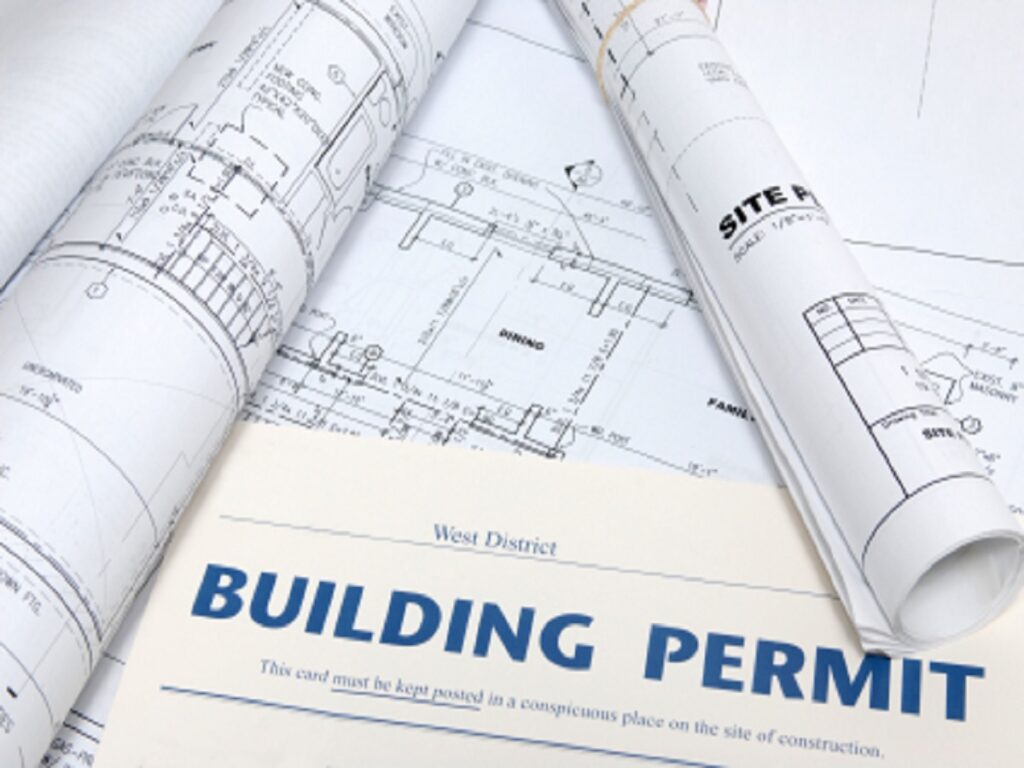
Some homeowners attempt to increase their rental potential by adding decks, patios, or entire extensions without proper zoning approval. In highly regulated markets like New York City, such unauthorized expansions are quickly flagged. A Brooklyn property lost its Airbnb permit in 2018 after the addition of an unapproved rooftop deck raised safety concerns. Cities impose zoning laws to manage density, safety, and neighborhood character. Renovations that disregard these guidelines not only risk fines but also lead to revoked rental rights.
9. Blocking Emergency Exits During Redesign

Redesigning a property without considering emergency exits is a common and serious mistake. Adding built-in shelving, converting garages, or repurposing hallways can sometimes block or reduce access to exits. In Boston, one Airbnb host lost their permit in 2019 after inspectors found that a renovation had sealed off a secondary fire exit. Emergency egress laws exist for good reason, and when renovations compromise them, regulators act swiftly. Homeowners must always prioritize clear, accessible escape routes to maintain their permits.
10. Neglecting Noise and Insulation Standards
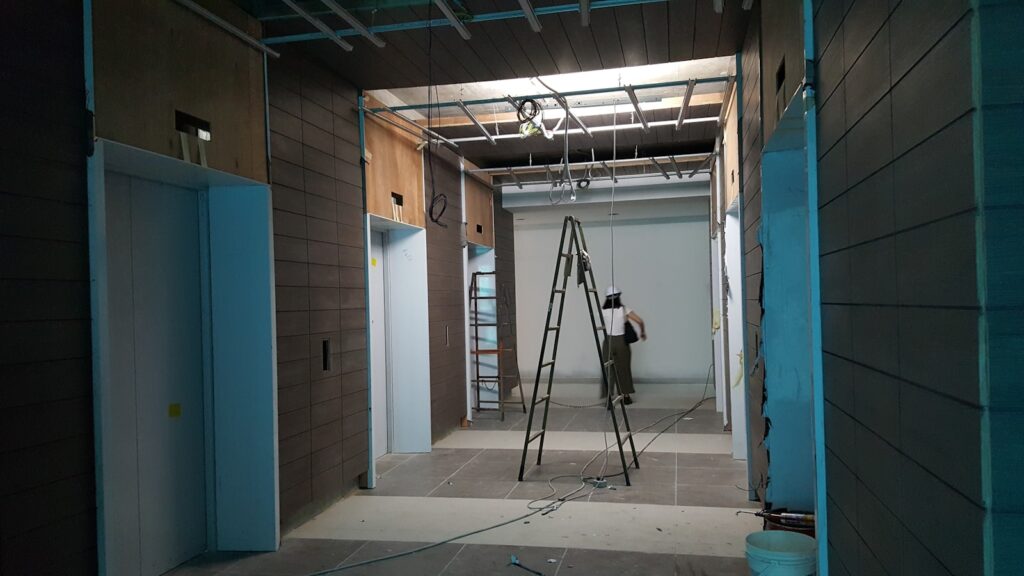
Short-term rentals often fall under stricter noise and insulation requirements than private homes. Renovations that ignore these standards can quickly result in complaints and permit loss. For example, a Nashville homeowner had their Airbnb license revoked in 2021 after guests complained of paper-thin walls due to a poorly executed remodel. Inspectors confirmed that inadequate insulation violated city codes. Noise complaints are one of the fastest ways to draw regulatory attention, and ignoring soundproofing during renovations can leave homeowners without the ability to host.
11. Replacing Fire-Rated Doors with Decorative Ones
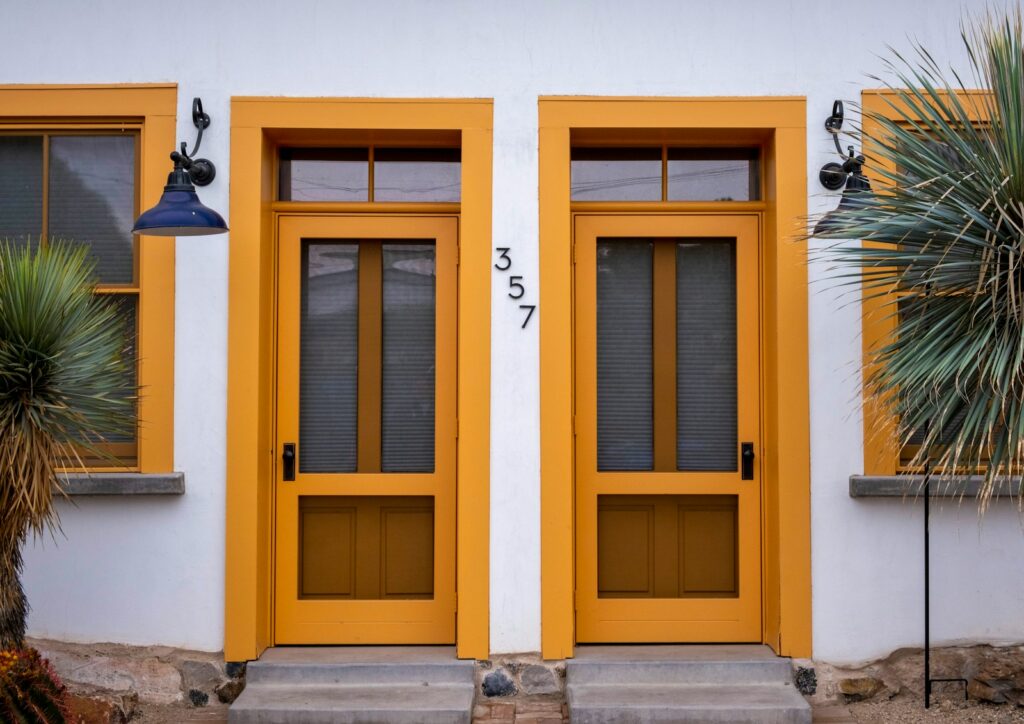
Some renovations focus on aesthetics while overlooking safety essentials. Replacing fire-rated doors with decorative but non-compliant alternatives is one such mistake. In Las Vegas, a 2020 case involved an Airbnb operator losing their permit after replacing fire-rated doors with glass-paneled designs that failed fire code standards. While the intention was to create a stylish look, inspectors prioritized guest safety over aesthetics. Any renovation that reduces fire protection features is likely to draw penalties and loss of hosting privileges.
12. Skipping Final Inspections After Renovations
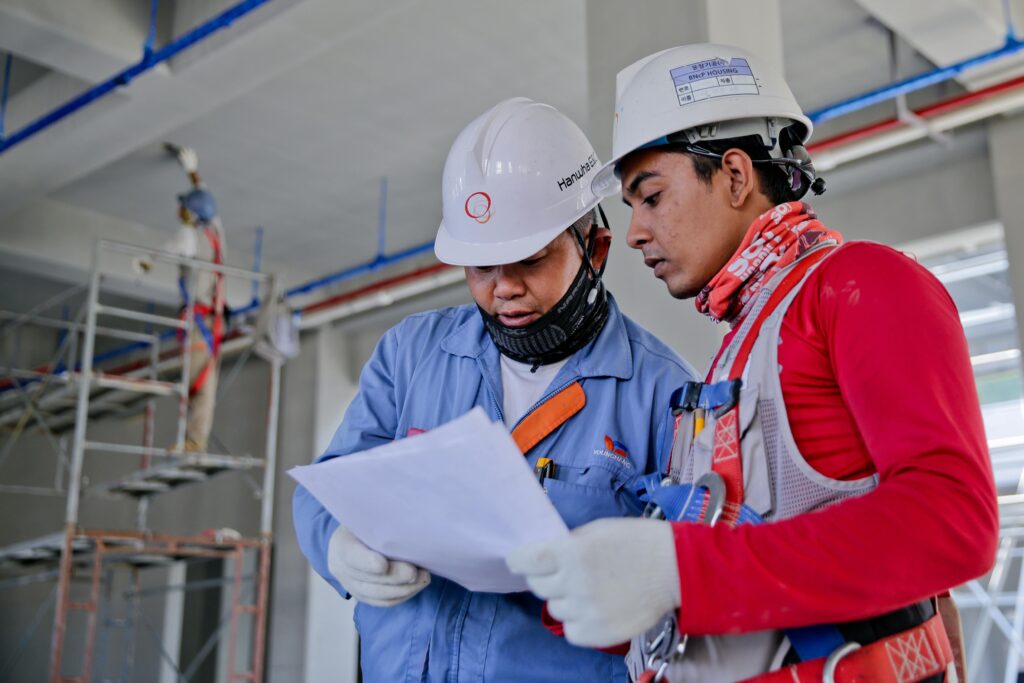
Even when renovations are completed correctly, many homeowners lose their permits simply because they fail to schedule the required final inspection. Municipalities often require a sign-off before a space can be legally used. In Seattle, a property owner’s Airbnb permit was revoked in 2021 because renovations were never officially approved, despite meeting code standards. Skipping this step signals non-compliance, regardless of the quality of the work. Ensuring final inspections are scheduled and passed is the only way to safeguard permits after major renovations.
Comments